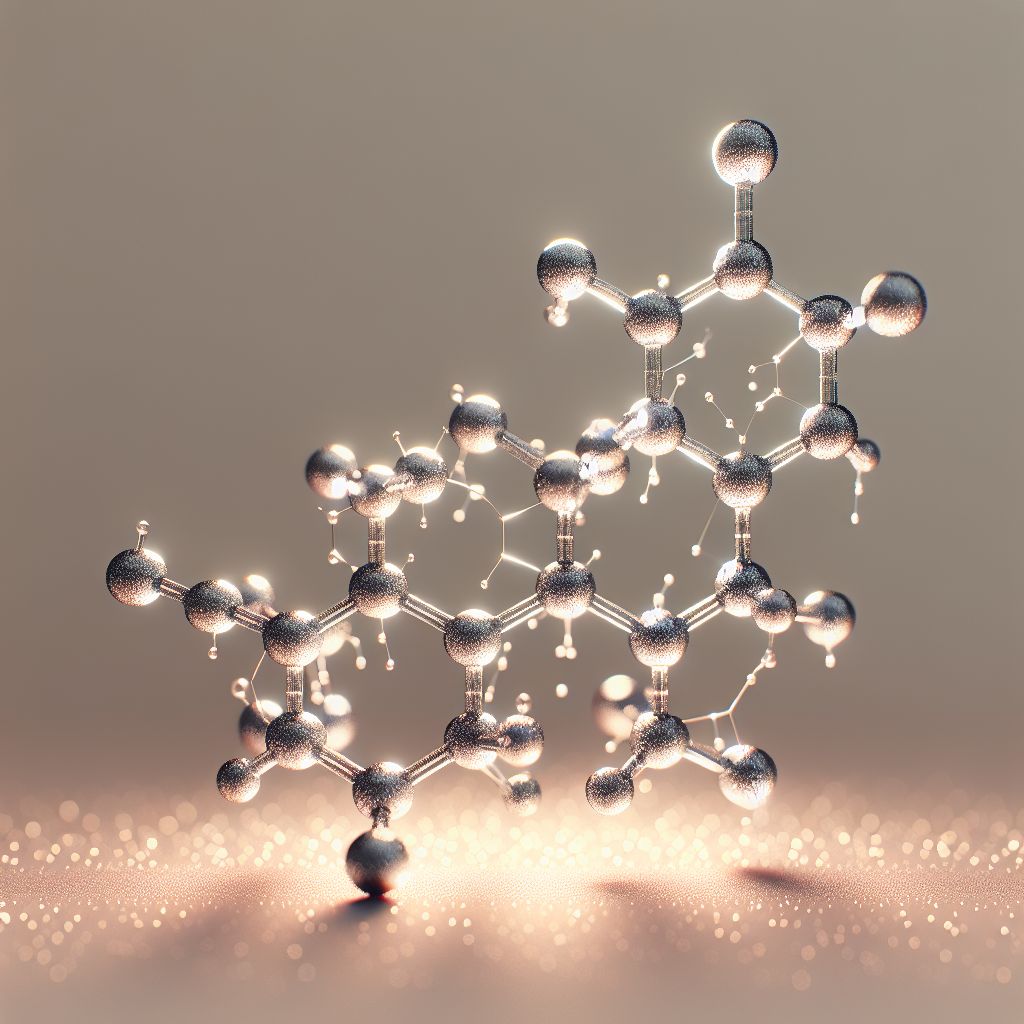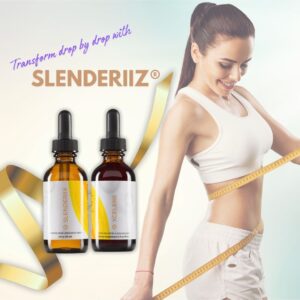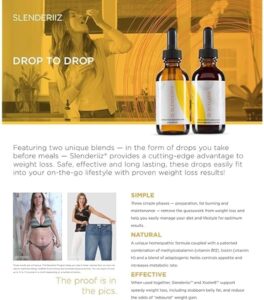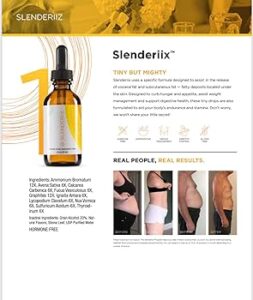
Key Takeaways
- Pentylene Glycol is a skincare ingredient known for its hydrating and preservative properties.
- It’s safe for all skin types, including sensitive skin, and can enhance the effectiveness of other skincare ingredients.
- As a humectant, it helps to attract and retain moisture in the skin, providing deep hydration.
- Its non-irritating nature makes it an ideal component in a variety of skincare products, from creams to serums.
- Understanding the concentration and function of Pentylene Glycol in your products can help you make better skincare choices.
My favorite Holistic Skincare Products
Arbonne, a leader in the health and wellness industry for over 40 years, remains dedicated to clean beauty and sustainability, prioritizing people and the planet in every decision as evidenced by their Certified B Corporation status.
You can buy Arbonne Skincare Products here.
Discovering Pentylene Glycol’s Skincare Superpowers
When it comes to the ingredients in your skincare products, some are like the lead singers of a band – think vitamin C or hyaluronic acid – always in the spotlight. But what about the backup singers, the ones who make the stars sound even better? That’s where Pentylene Glycol comes in – it might not get the headline, but it’s working hard behind the scenes to keep your skin looking and feeling fabulous.
So, what exactly does this unsung hero do? Well, it’s all about hydration. Pentylene Glycol is a humectant, which means it draws moisture into the skin. But it doesn’t stop there. It also helps to stabilize the formula of your skincare, making sure that the product stays effective from the first use to the last.
And the best part? It’s incredibly gentle. Whether your skin is dry, oily, or somewhere in between, Pentylene Glycol plays well with everyone. It’s non-irritating and non-comedogenic, so it won’t clog your pores or cause breakouts.
| Aspect | Details |
|---|---|
| Role in Skincare | Pentylene Glycol is an unsung hero in skincare, working behind the scenes to enhance product performance and skin condition. |
| Primary Function | Acts as a humectant, drawing moisture into the skin to keep it hydrated. |
| Additional Benefits | Helps to stabilize skincare formulas, ensuring products remain effective from the first use to the last. |
| Suitability | Incredibly gentle, making it suitable for all skin types including dry, oily, or combination skin. |
| Safety | Non-irritating and non-comedogenic, meaning it won’t clog pores or cause breakouts. |
Essential Hydration Agent
Let’s dive a little deeper into the hydrating powers of Pentylene Glycol. Imagine your skin as a sponge; when it’s dry, it’s stiff and brittle. But when you soak it in water, it becomes soft and pliable. Pentylene Glycol helps your skin stay in that soft and pliable state by attracting moisture from the environment and locking it in.
Because of its small molecular size, it can penetrate the upper layers of the skin, bringing moisture to areas that need it most. This not only helps to plump the skin but also smoothes out fine lines and gives your complexion a healthy, dewy glow.
Compatible Across Skin Types
Most importantly, Pentylene Glycol is like a best friend to all skin types. It’s the ingredient you want in your skincare because it gets along with everyone. Have sensitive skin? No problem. Pentylene Glycol is gentle and has a low risk of irritation. Dealing with oily skin? It’s lightweight and won’t leave you feeling greasy.
It’s this universal compatibility that makes Pentylene Glycol a competitive advantage in the skincare industry. It means that product formulators can use it in a wide range of products, knowing it will cater to a broad audience.
The Science Behind Hydrated Skin
Understanding why hydration is so crucial can be a game-changer for your skin. The outermost layer of your skin, known as the stratum corneum, is your first line of defense against environmental aggressors. It’s made up of dead skin cells and lipids, and when it’s well-hydrated, it’s like a strong brick wall keeping the bad stuff out and the good stuff in.
The Stratum Corneum and Moisture Retention
The stratum corneum relies on a balance of lipids and moisture to stay intact. When it’s dry, it’s more susceptible to damage and can lead to a host of skin issues, like flakiness, itchiness, and even eczema. That’s why ingredients that support the stratum corneum’s moisture balance, like Pentylene Glycol, are so vital.
They work by ensuring that moisture stays in the skin, keeping the barrier strong and resilient. This not only helps to protect your skin but also improves its overall appearance and texture.
How Humectants Optimize Skin Hydration
Humectants are the hydration heroes in skincare, and Pentylene Glycol is one of the best. It works by drawing water molecules from the air into the skin, which is especially beneficial in drier climates or seasons.
But it’s not just about pulling in water. Humectants also help to maintain the skin’s internal water balance, which is crucial for cell turnover and elasticity. This means that by using products with Pentylene Glycol, you’re not only giving your skin a drink of water but also helping it to function at its best.
| Aspect | Details |
|---|---|
| Importance of Hydration | Hydration is crucial for maintaining the integrity of the stratum corneum, the outermost layer of the skin, which acts as a barrier against environmental aggressors. |
| Stratum Corneum and Moisture | The stratum corneum requires a balance of lipids and moisture to function effectively. Dryness can lead to damage, flakiness, itchiness, and conditions like eczema. |
| Role of Pentylene Glycol | Pentylene Glycol supports the moisture balance of the stratum corneum, ensuring it remains strong and resilient. It acts as a humectant, drawing moisture into the skin and stabilizing skincare formulas. |
| Benefits for All Skin Types | Pentylene Glycol is gentle, non-irritating, and non-comedogenic, making it suitable for all skin types, including dry, oily, or combination skin. It does not clog pores or cause breakouts. |
| Humectants and Skin Hydration | Humectants like Pentylene Glycol optimize skin hydration by drawing water molecules from the air into the skin. They maintain the skin’s internal water balance, crucial for cell turnover and elasticity. |
Pentylene Glycol: Beyond Moisture
But hydration is just the start. Pentylene Glycol does more than just quench your skin’s thirst – it’s also a skincare preserver. In a world where clean beauty is becoming more and more important, Pentylene Glycol steps up as a safe alternative to traditional preservatives that can be harsh on the skin.
Think of it as the guardian of your skincare products, keeping them fresh and effective without the need for ingredients that might make you think twice. It’s like having a bodyguard for your skin, ensuring that only the good stuff gets in, and the bad stuff stays out.
Non-Irritating Preservative Benefits
Now, let’s break it down. Why are preservatives necessary? They stop bacteria, mold, and yeast from turning your favorite cream into a science experiment. But some preservatives can cause irritation, especially for those with sensitive skin. Here’s where Pentylene Glycol changes the game – it’s a non-irritating preservative that keeps your products safe to use, without the risk of irritation. It’s a win-win for your skin and your peace of mind.
Amplifies Active Ingredient Functionality
But that’s not all. Pentylene Glycol also plays a role in enhancing the performance of other active ingredients in your skincare. Think of it as a boost for the other nutrients in your products. By stabilizing these active ingredients, Pentylene Glycol ensures they can work their magic more effectively, making your skincare work harder for you.
Whether it’s helping antioxidants to stay potent or ensuring that retinol remains stable, Pentylene Glycol helps to make sure that when you apply your skincare, you’re getting the full benefit of every ingredient.
| Aspect | Details |
|---|---|
| Beyond Hydration | Pentylene Glycol is not only a humectant for skin hydration but also acts as a preservative in skincare products. |
| Clean Beauty | It serves as a safe alternative to traditional preservatives, aligning with the growing demand for clean beauty products. |
| Non-Irritating Preservative | As a preservative, Pentylene Glycol is non-irritating, making it suitable for sensitive skin and preventing the growth of bacteria, mold, and yeast without causing irritation. |
| Enhancing Active Ingredients | Pentylene Glycol stabilizes and enhances the performance of other active ingredients in skincare, ensuring they work more effectively. |
Selecting Skincare: Spotting the Hero Ingredient
Now that you’re aware of the quiet brilliance of Pentylene Glycol, how do you spot it in your skincare? It’s all about becoming a savvy label reader. When you flip over your products, look for ‘Pentylene Glycol’ in the ingredient list – it’s often found towards the middle or bottom, indicating it’s used in a smaller concentration, but that doesn’t diminish its importance.
Label Reading 101: Identifying Key Ingredients
Here’s a quick guide to label reading:
| Label Reading Tip | Explanation |
|---|---|
| Order of Ingredients | Ingredients are listed by concentration, with the highest concentrations first. |
| Top Five Ingredients | The first five ingredients usually comprise the majority of the product. |
| Scientific Names | Don’t be deterred by complex scientific names like ‘Pentylene Glycol’—they can be beneficial for the skin. |
| Presence of Pentylene Glycol | Indicates the product is likely to be gentle and hydrating. |
| Understanding Ingredients | Knowing the role of each ingredient helps in selecting the right products for your skin’s needs. |
| Concentration Matters | The right concentration is key; too little may be ineffective, and too much could be unnecessary. |
Understanding the role of each ingredient can help you choose products that are right for your skin’s needs. So, the next time you’re browsing the skincare aisle, take a moment to look beyond the fancy packaging and marketing claims – the ingredient list is where the real story is told.
Besides that, when you know what to look for, you’ll start to notice Pentylene Glycol is in many of the products you already love – and for good reason. It’s the unsung hero that’s working overtime to keep your skin at its best.
Therefore, let’s not forget that the right concentration of an ingredient is crucial for its effectiveness. While Pentylene Glycol is beneficial, it’s all about the balance. Too little may not provide the desired benefits, and too much could be unnecessary.
Why Percentage Matters: Understanding Concentration Levels
Concentration levels are key when it comes to Pentylene Glycol. Typically, you’ll find it in concentrations of 1-5% in skincare products. This range ensures that it’s effective without overwhelming your skin. Remember, it’s a team player – supporting other ingredients and maintaining the skin’s moisture balance.
Myths vs. Facts: Understanding Pentylene Glycol
With any ingredient that’s not a household name, myths can circulate. Some might say that because Pentylene Glycol is a type of alcohol, it could be drying. This couldn’t be further from the truth. Unlike other alcohols that can strip the skin, Pentylene Glycol is hydrating and beneficial.
Debunking Common Pentylene Glycol Myths
Here are some myths you might have heard:
- Myth: Pentylene Glycol is irritating to the skin.
- Fact: It’s actually known for its gentle nature and is well-tolerated by all skin types.
- Myth: It’s just a filler ingredient with no real benefits.
- Fact: It’s a multitasker – hydrating, preserving, and enhancing the efficacy of other ingredients.
- Myth: All types of alcohol in skincare are bad.
- Fact: Not all alcohols are created equal – Pentylene Glycol is one of the good guys.
Scientific Backing: Safety and Efficacy
Moreover, Pentylene Glycol has been studied extensively and has a strong safety profile. It’s approved for use by major health authorities and is considered non-toxic. So, when you see it listed in your skincare, you can feel confident about what you’re putting on your skin.
Precision Skincare: Tailoring Your Regimen
Finally, let’s talk about how to incorporate Pentylene Glycol into your skincare routine. The beauty of this ingredient is its versatility. It can be found in everything from serums to moisturizers, and it pairs well with a variety of other ingredients.
Product Pairings for Maximum Benefit
For a powerhouse hydration duo, look for products that combine Pentylene Glycol with other humectants like glycerin or hyaluronic acid. These ingredients work together to draw in and lock in moisture, leaving your skin hydrated and happy.
When it comes to soothing and strengthening the skin barrier, pair it with ingredients like ceramides or niacinamide. These combinations can help reinforce your skin’s natural defenses and keep it looking smooth and supple.
Adjusting Your Routine with the Seasons
And remember, your skin’s needs can change with the seasons. In the winter, you might want to layer products with Pentylene Glycol under a heavier cream to combat dry, chilly air. In the summer, a light, Pentylene Glycol-infused gel moisturizer might be all you need to keep your skin hydrated without feeling heavy.
By understanding the role of Pentylene Glycol and how to spot it in your products, you can make informed decisions about your skincare. This invisible hero is there to hydrate, protect, and enhance – ensuring that your skin gets the most out of every product you apply.
Frequently Asked Questions
When it comes to Pentylene Glycol, there are some questions that often come up. Let’s clear up any confusion and provide you with the answers you need to understand this skincare superhero better.
What is Pentylene Glycol and why is it used in skincare?
Pentylene Glycol is a versatile ingredient found in many skincare products. Its primary role is to act as a humectant, which means it helps your skin retain moisture by drawing water from the air into the skin’s surface. Additionally, it functions as a stabilizer and preservative, extending the shelf life of products by preventing the growth of harmful bacteria and microorganisms. Its hydrating properties and non-irritating nature make it a popular choice for formulations intended for all skin types.
Is Pentylene Glycol safe for sensitive skin types?
Absolutely! Pentylene Glycol is known for its gentle nature and is generally well-tolerated by even the most sensitive skin types. It’s non-irritating and non-comedogenic, meaning it won’t clog pores or lead to breakouts. As always, if you have particularly reactive skin, it’s wise to patch-test any new product before applying it to your entire face.
How does Pentylene Glycol compare to other common humectants like glycerin?
Pentylene Glycol holds its own when compared to other humectants like glycerin. While glycerin is a well-known moisturizing agent, Pentylene Glycol is particularly advantageous due to its additional functions as a preservative and texture enhancer. It’s also less sticky than glycerin, which can make for a more pleasant application experience. Moreover, Pentylene Glycol has a lower potential for irritation and can be used in a wider range of concentrations.
Can Pentylene Glycol cause skin irritation or allergies?
While no ingredient is entirely free from the risk of causing an allergic reaction or irritation, Pentylene Glycol is considered to have a low potential for such issues. It’s been extensively studied and is deemed safe for use in skincare by health authorities. That said, if you know you have specific sensitivities or allergies, it’s always best to consult with a dermatologist or conduct a patch test.
Are there any skincare products where Pentylene Glycol should be avoided?
Pentylene Glycol is quite versatile and there are no specific product types where it should be outright avoided. However, as with any ingredient, it’s all about how it works in harmony with the other components of the formulation and how it meets the needs of your particular skin type and concerns. For instance, if you’re using products that already provide a high level of moisture, you may not need additional humectants. Conversely, in products designed to address excessive oiliness, the formulator might opt for different ingredients that regulate sebum production.
In conclusion, Pentylene Glycol is the invisible hero in skincare, offering a multitude of benefits without the fanfare. Its ability to hydrate, preserve, and enhance makes it a valuable addition to many products. By understanding how it works and what to look for, you can harness the power of this unsung hero to keep your skin healthy, hydrated, and happy.



